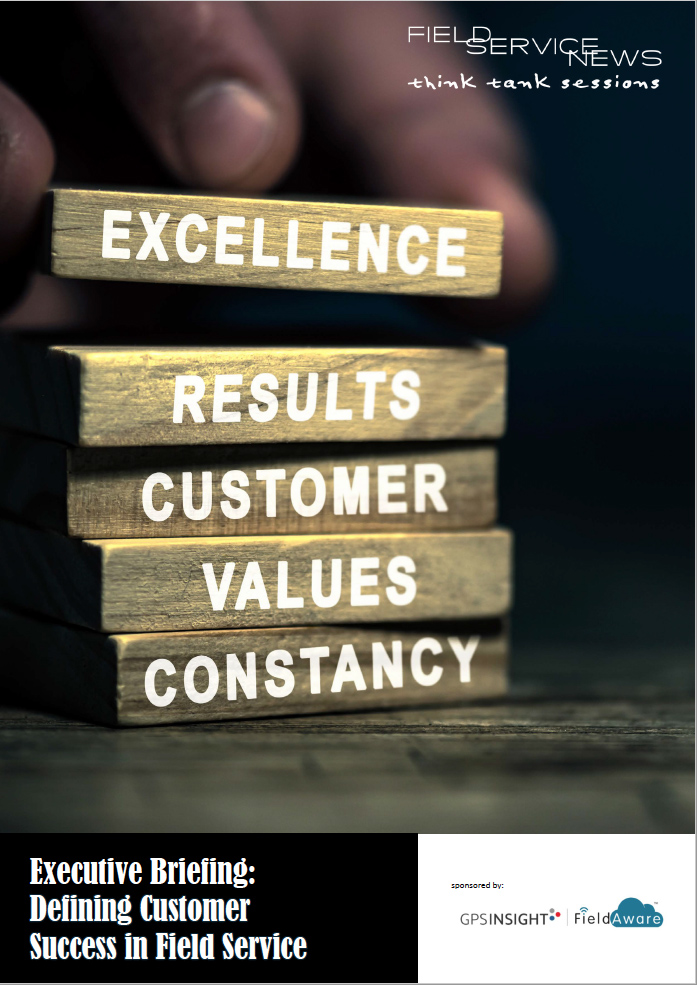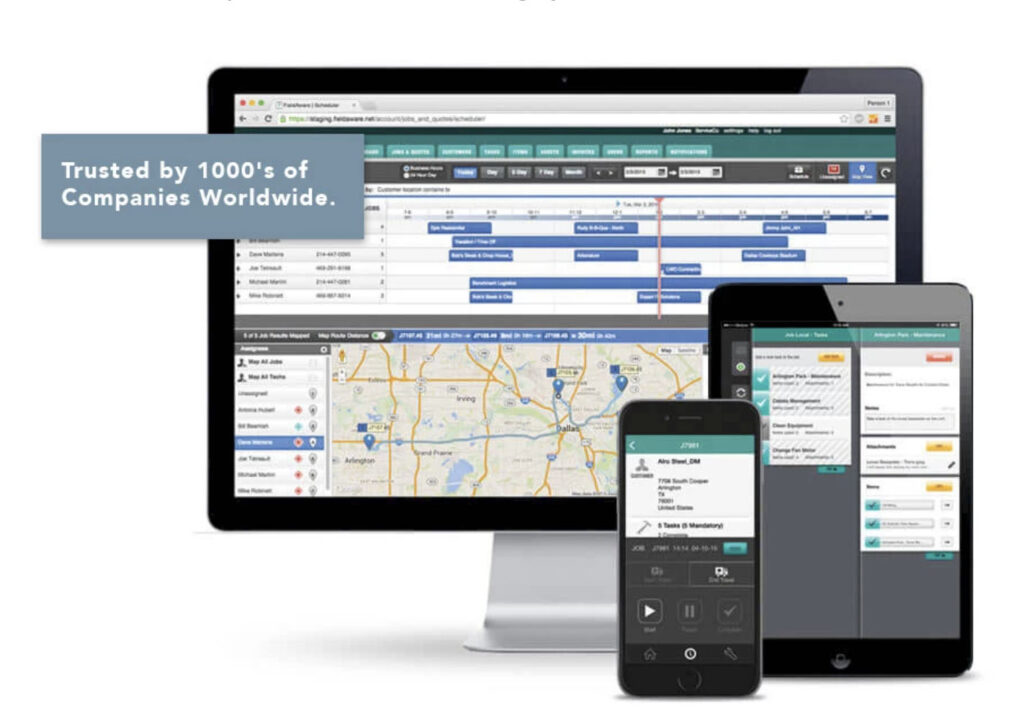Think Tank Sessions: Effective Client Interaction is Central to Customer Success
Taking the lead to help drive clients towards customer success can only be done with effective interaction.
Successful client communication is crucial because it establishes and maintains trust between the client and your organisation. It helps limit misunderstandings, leads to greater satisfaction and ultimately helps move the customer to that panacea of customer success.
“When you turn in to customer success, that’s the proactive bit,” Tony Chapman, General Manager, Customer Services, Siemens Digital Industries began.
“It doesn’t matter how we’re proactive; it indeed leads to customer success because what you’re doing minimises the time to repair.
“While that’s just a classic metric that we use in customer satisfaction, if you can impact that, by doing something proactively upfront, while the customer is not changing much of what they’re doing then that’s all part of moving into a customer success model.
“It’s educating the customers into that way of thinking as well.”
“The critical question for me is how do we initiate this?” Kris Oldland Editor-in-Chief, Field Service News asked.
“How do we turn around to our customers and say, ‘we’ve delivered on these CSAT metrics, we know that we’re good at getting our engineer to you and making sure you’re happy with them and hitting the right appointment window. However, now we want to go a step beyond that. We want to understand your business better. We want to make sure we’re delivering to your requirements, but to do that, we need to know to be a lot closer to your business, we need to know what your customers expect of you as well.'” he expanded.
“While we as service providers understand the importance of this discussion, there may well be barriers raised by some clients who may not wish to have such a deeply embedded relationship. To initiate that potentially challenging conversation and say we are going to go beyond this and want to be closer to you is not something that can be initiated through the standard sales channels.
“I think it is important therefore to consider both the internal structure of our business as well as take a considered approach to customer selection when adopting these type of approaches. We need to think carefully about how best we go about starting these potentially difficult and complicated discussions.”
“Start with a very deep understanding of what are your customer pain points and challenges and take it from there,” replied Jan van Veen, Managing Director, moreMomentum.
“Any kind of product service or approach, if they fail, most often it is because they’re not solving one of those problems adequately. So I think that should be the starting point” he added.
“In my experience, it’s down to us to point out what value we add to the customer,” replied Chris Craggs, CEO, MCFT
“They [customers] don’t understand what we do, and how could they? It isn’t their line of business. We’ve suffered from a naive expectation that they know good from bad. How would they know good from bad if the salesman always tells them the same thing?
“So unless they go and verify that what’s been promised has been delivered and then understand what the impact is on their operation, they’re not going to know. Even when it is observed, it’s often observed anecdotally. To build a strong case, you need to show facts and data,” Craggs continued.
“We’re working on improving our system so we can demonstrate not just the time it took us to respond to an issue and asking the customer to compare that to the competition, but actually, informing them when the machine stopped working and stopped generating revenue, right through to the time that it came back on.
“We are seeking to show the customers what was the requirement at their end where they didn’t react quickly enough. So we are pointing to the work we do for the customer, the areas we have responsibility for, but also we’re pushing information back to them about their areas of responsibility in keeping the machine working – and often that is information they don’t have themselves.”
“I think this really comes down to customer maturity and we’re looking at what value is going to be derived from these disparate models,” commented Steve Mason, COO, FieldAware
“So that value view is going to be ‘what has value and how is that going to happen? Is it going to change my financial model?’
“Unless you can identify and then really articulate in a way that the customer will understand and appreciate the value that will be created, and align that into their business strategy, then it’s tough to sell that concept because why should they change?
“It comes down to maturity for me. It comes down to changes in customer markets, and it comes down to a need and onus on the provider to identify and then position the value that will resonate with the customer.”
“The evolution of customer success has come from the software world, but where you see it in the field service context is very much centred around understanding the actual output your customers are seeking,” Oldland reflected.
“It’s more than just customer-centricity. It is dependant on a depth of relationship that allows for transparency. It needs to be a robust relationship and one in which either party can ask inconvenient questions in search of ongoing improved output.”
In the next feature in this series, the group discuss the role the service provider must take in educating their clients if both parties are to benefit from a customer success orientated service model.
Want to know more and can’t wait? FSN subscribers can access the full Executive Briefing Report from this session via the button at the top of this article.
This edition of the Field Service ThinkTank Sessions is sponsored by FieldAware

![]()
Data usage note: By accessing this content you consent to the contact details submitted when you registered as a subscriber to fieldservicenews.com to be shared with the listed sponsor of this premium content FieldAware/GPS Insight who may contact you for legitimate business reasons to discuss the content of this briefing report.

See FieldAware in action by requesting your demo now.
FieldAware is a top-rated mobile field service management software that lets you easily schedule and dispatch field workers, assign jobs, invoice customers and more.


